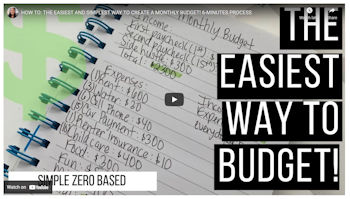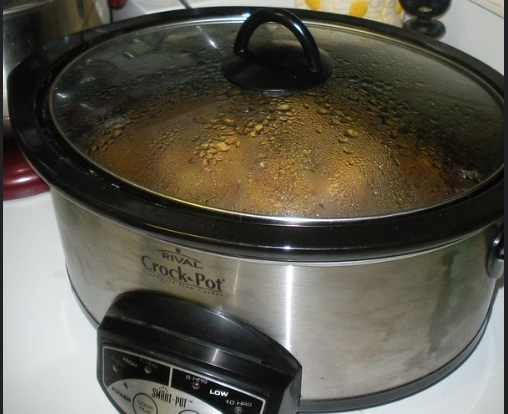Saving and spending your money wisely matters, but some people don’t have the skills to do so. Often this happens because they grew up in a family with the same poor money skills. It can certainly make monthly expenses difficult to budget if you aren’t sure how to go about it. In order to break this cycle and develop good habits, you need to educate yourself on the good habits to cultivate. Because of this, we have five budgeting tips to help you better handle your monthly expenses.
Identify Your Key Expenses
When you create a budget, you need to identify which expenses are critical. For example, you first need to focus on key expenses like rent, food, utilities, and other important expenses. Basically, you focus first on the costs you must address to survive and take care of your necessities. To do this you need to know exactly what your monthly expenses are. If you pay everything with cash you will need to spend the next month recording everything you spend money on. (You can do this with anything from a pen and paper to an app or spreadsheet. If you pay everything with a debit or credit card, you can look at your statements for the last few months to get the numbers.
From there, you can put them in order from most to least important. As you do this, you can have enough money for the most important expenses you need to pay for. As you identify those key expenses, you can avoid problems and ensure you meet all your needs while creating an effective monthly budget.
Plan for the Unexpected
No matter how much money you have to spend, you should save some money each month. If you spend every last cent, you may find yourself in a difficult situation if suddenly you need to cover other expenses. For example, you may need to cover an unexpected car bill or something else, so you need to create an emergency savings account.
Most people waste more than a dollar a day on snacks, coffee, or games. So if you cut one of them out you should be able to save at least $30 a month. Even if you only save 10 or 15 dollars a month, you will benefit from building a savings account with time. As you make more money or have fewer expenses, you can build up that savings account to create an emergency fund for whenever you need to cover an unexpected expense.
Seek Financial Assistance
If you need some advice when it comes to making a budget, or you don’t know what you should prioritize, you can contact a financial advisor, or these days find help watching YouTube videos. There are also organizations like Crown Financial that work through local churches to offer free budgeting advice for people who can’t afford to hire assistance.
The advisor can help you figure out what you should focus on and how to work with your finances. Since each financial situation varies based on your expenses and how much you make, you can find out the best approach for your situation. This will include identifying how much you should save, what you must spend, and having money for hobbies.
How to Handle Variable Expenses
When you examine your expenses, you will notice that you have both fixed and variable expenses, so you must address them differently. For example, rental or insurance payments usually have fixed monthly rates, but your food and electric bills can vary depending on different situations. For example, the electricity bill may increase if you use the air conditioner. Food bills depend on how good you are at finding sales and adjusting your menu.
But there are other expenses that don’t occur every month that you need to budget for as well, such as gifts for Birthdays and Christmas, oil changes, and new tyres for the car. To budget for these takes some estimating, planning and savings.
Give Yourself Wiggle Room
You can give yourself some wiggle room as you go through your monthly expenses when you remember the previous point and apply it. For example, if you don’t spend as much money on variable expenses as you expected, you should put that extra money in your savings account and not just spend it. If you spend the extra money, you may find yourself in a rough position next month when you find that you underestimated variable expenses.
This means you should make a budget with all your expenses in mind, but you should leave a bit of wiggle room with your money. You can use the money if you need to, or you can use it to make a cushion in your savings account.
Conclusion
While budgeting can pose some challenges, you can make things easier for yourself by budgeting and planning. Eliminate the frills until you have an emergency fund and some extra savings.
You might also like:
- Step by Step Guide to Making a Personal Budget
- Arranging the Perfect Holiday Vacation
- Money in the U.K.: Road Safety in Scotland
- How to Prepare Your Budget for Big Purchases
- Guide to Creating an Annual Family Budget Plan
- Happy Home: How to Balance Your Budget During Trying Times
- 4 Overlooked Financial Costs to Include in Your Family Budget
- Financial Figures: How to Budget for a Mortgage
- Teach Your Kids to Budget Money Effectively




